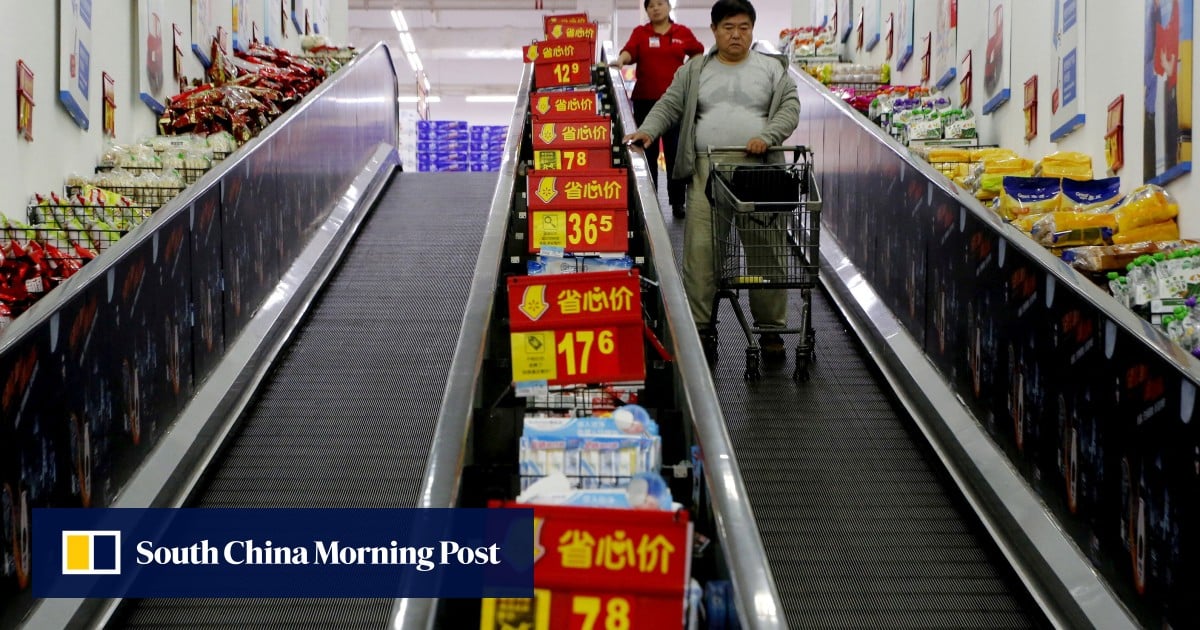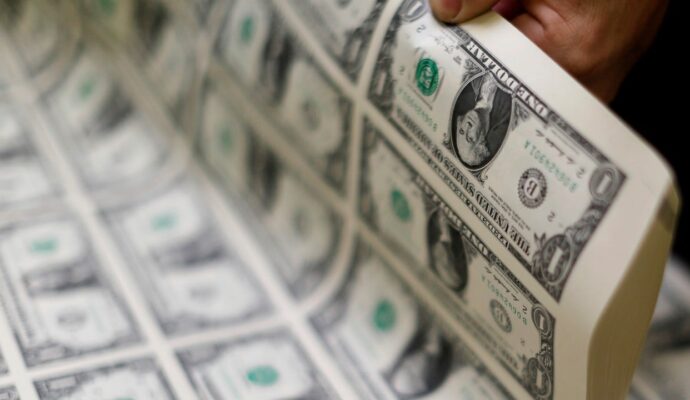
China reported another low level of consumer inflation in March, fuelling calls from economists and government advisers to realign monetary easing tools, given the need to invigorate economic activities and shrug off the threat of deflation.
China’s consumer price index (CPI) grew by 0.1 per cent year on year in March, the National Bureau of Statistics (NBS) said on Thursday.
The reading was lower than the average 0.3 per cent estimate by economists polled by Chinese financial data provider Wind.
Core inflation, which is valued by monetary authorities as it excludes volatile food and energy prices, grew by 0.6 per cent year on year in March, compared to 1.2 per cent growth in February and 0.4 per cent expansion in January.
“[March’s CPI] was driven by a seasonal drop in consumer demand after the Lunar New Year, and the overall adequacy of market supply,” NBS statistician Dong Lijuan said.
Beijing has set a CPI inflation target of 3 per cent for 2024, although it is viewed as bold given the increasing risks of deflation in the world’s second-largest economy.
Ahead of China’s quarterly economic data, Premier Li calls in the economists
Ahead of China’s quarterly economic data, Premier Li calls in the economists
“China is currently grappling with insufficient demand, which requires a shift of policy mindset to accept moderate price increases,” said Yang Weimin, a former planning official who worked in the policymaking body of the Office of Central Financial and Economic Affairs Leading Group between 2011-18.
“A moderate price rise foresees robust demand. Once its growth is outpaced by income expansion, the livelihood will actually improve,” he added, according to the 21st Century Business Herald earlier this week.
Beijing’s policymakers have viewed high inflation as a persistent threat, regularly setting a goal of capping annual CPI growth at 3 per cent over the past decade.
CPI only grew by 0.2 per cent last year, far below the government control target, triggering discussions over whether China had entered deflation, unlike the high levels of inflation seen in Western countries.
“If money issuance doesn’t match price targets, it could tie government hands and lead to such problems like insufficient liquidity,” added Yang.
“The new policy mindset about price control would provide new policy space for monetary policy and commercial banks.”
Elsewhere, China’s producer price index – which measures the cost of goods at the factory gate – declined by 2.8 per cent year on year last month, compared to a fall of 2.7 per cent in February.
More to follow …


